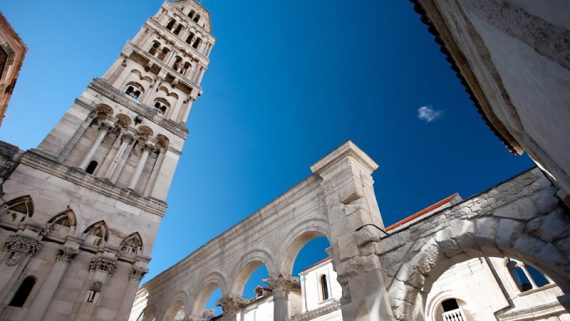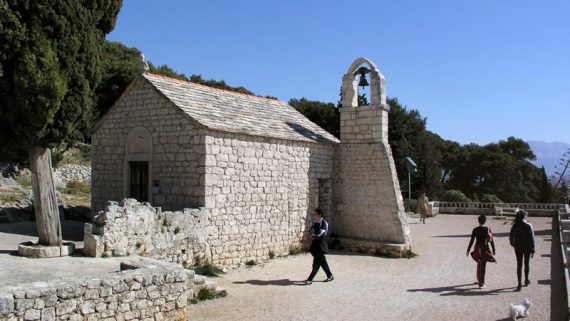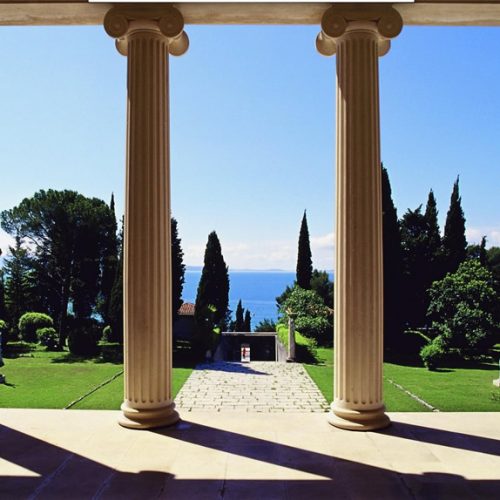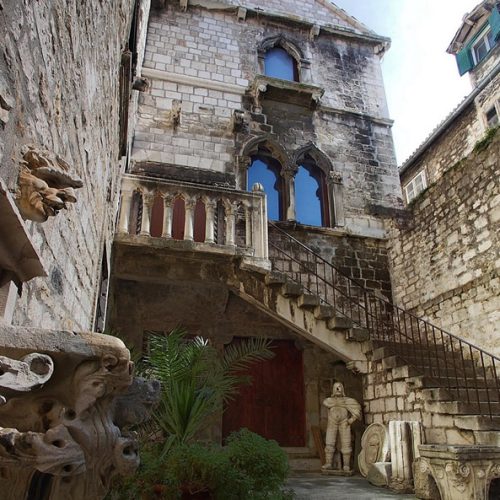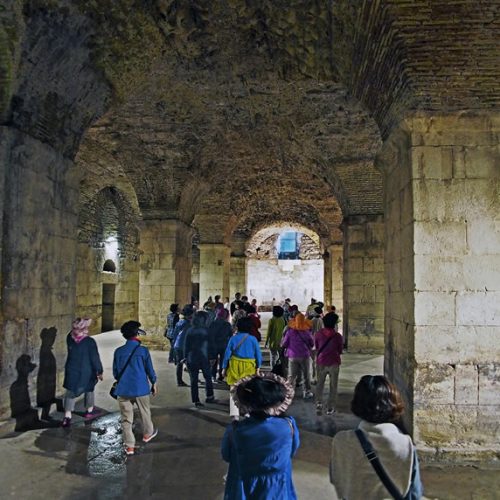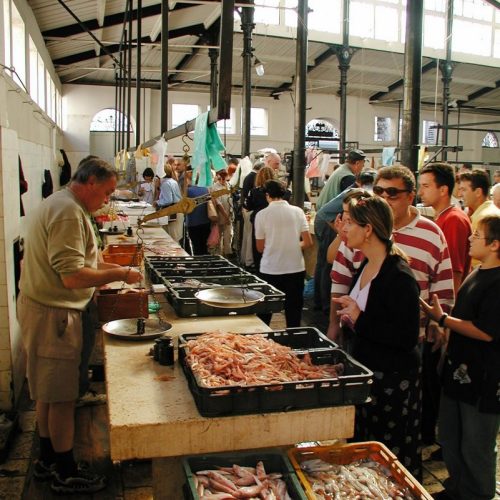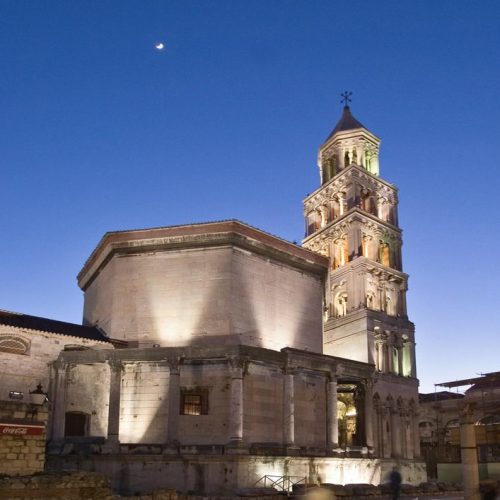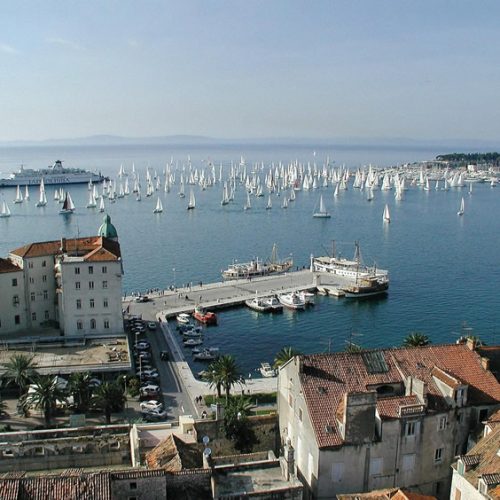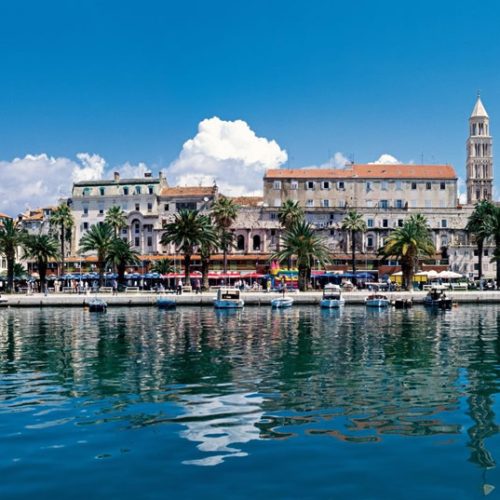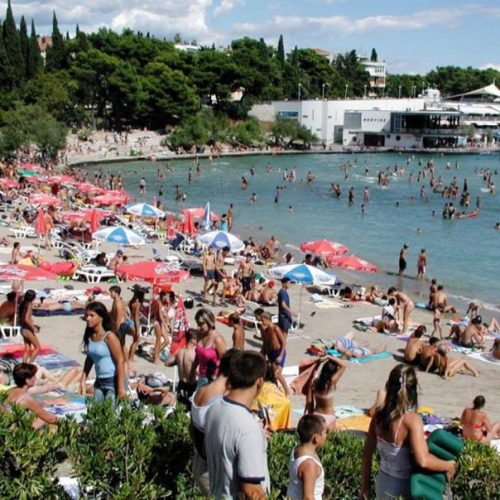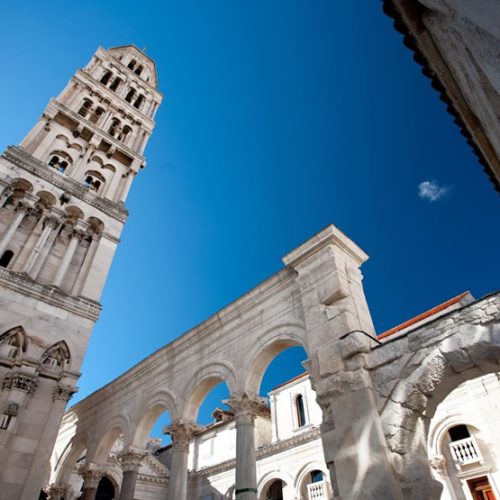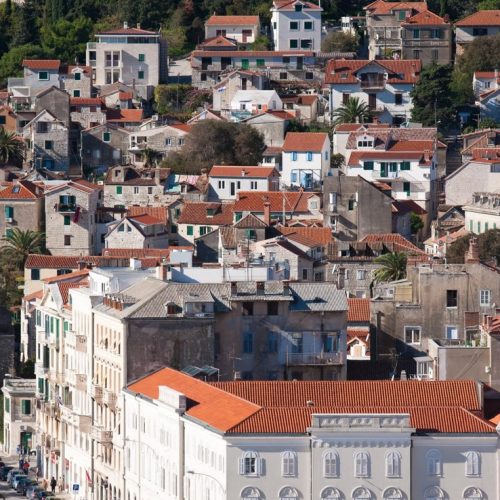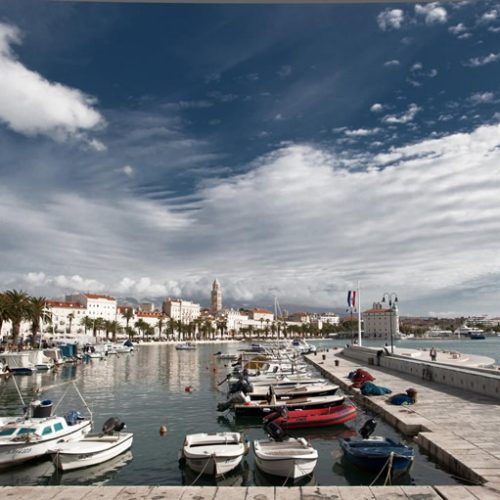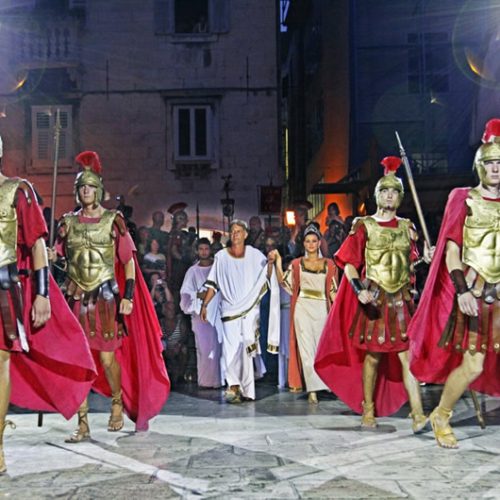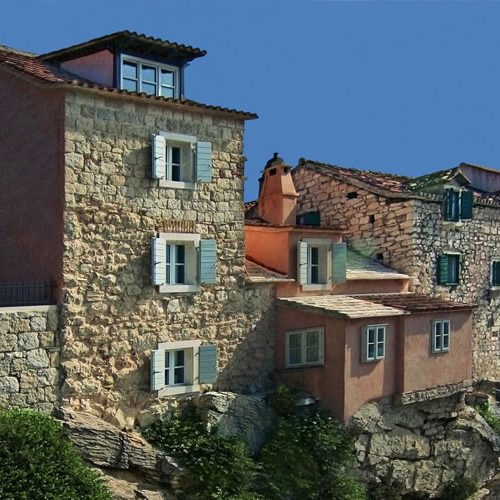Einen dieser drei Tage sollten Sie sicher für einen Spaziergang oder Wandergang auf dem Berg Marjan reservieren. Diesmal aber nicht nur bis zur Ausblicksterrasse sondern tiefer in den Wald, entlang der zahlreichen Wege die ideal zur Entspannung oder Freizeitaktivitäten sind – Spazieren, Wandern, Felsklettern, Radeln und im Sommer auch Schwimmen oder Kajaken……. Dieser Berg am westlichen Ende der Splitter Halbinsel ist seit jeher ein wirkliches Stadtsymbol geworden, ja fast der natürliche Beschützer der Stadt die sich am Fuße dieses Berges eingenistet hat.
Doch Marjan ist auch schon immer der seelische Rückzugspunkt, ein Sanktuarium der Splitter mit seinen alten Kirchen – einige davon, auf der Südseite sind wahrhaftig in den Fels gemeißelt. Auf dem Marjan findet man auf Schritt und Tritt Ruhe, Natur und Entspannung , aber auch herrliche Ausblicke auf die Stadt und Umgebung mit Inseln. An der Südseite des Marjans befindet sich die ehemalige Residenz, heute eines der am meist besuchten Museen der Stadt, die Galerie des Ivan Meštrović und sein Kastell, mit einer unschätzbaren Sammlung der Werke dieses bekanntesten kroatischen Bildhauers.
Auf dem Rückweg vom Marjan in die Stadt können Sie auch die Museen, wie das Museum kroatischer archäologischer Denkmäler oder das alte Archäologiemuseum besuchen. Es bieten sich auch das Museum der Stadt Split, das Ethnographische Museum oder die Kunstgalerie an, mit einer der größten Sammlungen kroatischer und internationaler Kunst im Lande, das Schifffahrtsmuseum in der Festung Gripe oder die „Hall of Fame“ bekannter Splitter Sportler mit Erinnerungen an die Sportler, die die Stadt Split zu einer Sportmetropole der Welt machten.
In neuerer Zeit kann man auch das Fußballstadium Poljud besuchen, in dem der beliebteste kroatische Club Hajduk spielt, der schon 1911 gegründet wurde und hier stolz seine Trophäen ausstellt. Hajduk hat auch den ältesten organisierten Fußballfanclub in Europa, der sich Torcida nennt.
Vergessen Sie nicht die zahlreichen kleinen und größeren Kirchen als außerordentliche Denkmäler sakraler Architektur und Kunst, von der schon erwähnten Kathedrale des Hl. Domnius, zum Kloster des Hl. Antonius in Poljud, der mittelalterlichen Kirche der Hl. Dreifaltigkeit, der Miniaturkirche des Hl. Martin über dem römischen Nordtor des Diokletianspalastes, den Hl. Franziskus an der Riva, der Synagoge aus dem 16. Jahrhundert…
Der dreitägige Aufenthalt ermöglicht Ihnen die zahlreichen, guten Restaurants der Stadt zu besuchen, deren Spezialitäten die Stadt Split zu einer der wichtigsten gastronomischen Zentren des Landes machten. Hier finden auch viele Events statt, von Partys und Clubkonzerten, Musik-, Film – und Theaterfestivals bis zu Aufführungen in der Kroatischen Volksoper.
Das Programm dieser Events wird auf der Website der Tourismusgemeinschaft veröffentlicht.

 Deutsch
Deutsch Hrvatski
Hrvatski English
English Italiano
Italiano Français
Français


